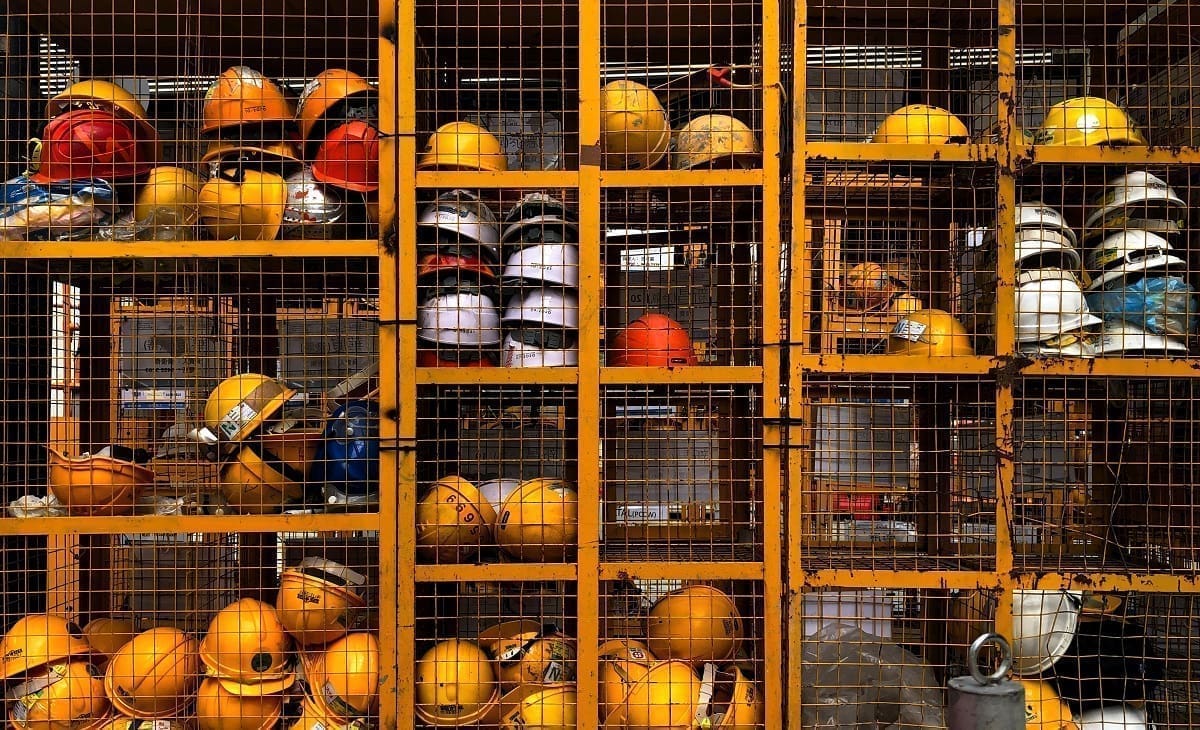What You Need to Know:
-
A sample of 24 buyers in COVID-19 affected areas who use Achilles shows an increase in searches from Feb-2020 to March-2020
-
There are over 200 Achilles product and service codes for which more than 30% of the supplier base is at financial risk
-
You can ask buyers to expedite payment and relax retention during the crisis
Date: 26 March 2020 | Time to read: 5 minutes
There is no mistaking that we are living in unique times. Business continuity is front of mind for many businesses, and supply chains will need to flex to accommodate dramatically different demand and working conditions. At Achilles, it is our mission to ensure that we effectively connect buyers and suppliers to ensure continuity of business wherever possible.
Many procurement organisations are taking action to ensure continuity of supply for high risk products and services. Buyers are identifying critical suppliers and products or services at risk and putting continuity plans in place to ensure their supply chains will survive this crisis.
There are steps you can take to ensure you maintain a strong pipeline of demand and appropriate cash flow to keep your business healthy:
- Collaborate: proactively reach out to buyers and find out the steps they are taking to reduce the time to payment
- Know your contracts: understand if you have force majeure clauses in your contract for supply, and if COVID-19 would be considered sufficient to trigger these
- Stay visible: ensure that the maximum number of relevant buyers can see you and the products and services you provide
Collaborate
We have identified that there are over 3,800 suppliers in our global network that are at high risk of financial default due to containment efforts related to COVID-19. These suppliers are based in affected areas and have a liquidity ratio of less than 1, which means many will quickly run into cash flow issues if revenues are materially impacted for a period of 6 months or longer.
As well, many of the suppliers in the Achilles network are SMEs. In fact, nearly 56% of the suppliers on our network in the most heavily affected areas are Micro or Small enterprises. Many of these suppliers will need extra help managing throughout the crisis. More than 4,000 suppliers in the Achilles network only provide one product or service and are at particularly high risk of impact in the case of lock-down or demand disruption. We are working with our procurement customers to collaborate with you, the supply base, to ensure continuity of supply.
It is imperative that during these difficult times, buyers keep money flowing into the supply chain. It may seem counter-intuitive, but the worst thing purchasing organisations can do is restrict cash flow, as it will put undue pressure on the supply chains. The simplest option is for buyers to reduce payment terms to ensure you have enough cash flow to stay afloat during this time. As well, many organisations retain 5% of contract value until completion. Procurement organisations can consider relaxing this policy in uncertain times, to ensure adequate cash flow to suppliers. If you, as a supplier, need this support, reach out to your buyers and ask for it. Many buyers have signed up to fair payment charters or other instruments that compel them to honour short payment terms. Links to relevant resources on this topic are included on Achilles’ COVID-19 website.
Know your contracts
A number of force majeure claims have been raised since the beginning of the coronavirus crisis. It is important that you understand which, if any, of your contracts include these clauses, and what it could mean for your business. Force majeure clauses are contractual clauses that change the legal obligations or liabilities outlined in the contract when an extraordinary event or circumstance prevents one or all parties to the contract from fulfilling those obligations. In layman’s terms, that means that if you were unable to meet your contractual obligation to supply goods or services due to the COVID-19 pandemic, you could be released from those contractual terms. Whether or not COVID-19 could be considered a force majeure from a contractual perspective depends on the wording of the clause.
Depending on the wording, such clauses may have a variety of consequences. They could excuse the affected party from delivering to the terms in the contract. Or, they could excuse the affected party from delay, entitling them to suspend or claim an extension of time. It could also give the affected party a right to terminate outside what was originally agreed.
We have added a number of links to our COVID-19 website to help you navigate the guidance on force majeure clauses.
Remain Visible
Many procurement organisations are facing supply disruptions. As a result, they are actively looking for alternative sources of supply. While some procurement organisations have been disrupted to the point of halting procurement activity overall, early indications are that buyers are conducting more searches of Achilles Community data in March 2020 (compared to February). Most of this activity is driven by a need to identify alternate sources of supply in the face of potential disruption.
While it may seem counter-intuitive, it is more critical than ever that you are visible to relevant buyers for all of the products and services you can provide. Achilles can help you ensure that you are reaching appropriate markets. If your data or compliance lapses, you could miss out on business opportunities as purchasing organisations seek to build relationships with new suppliers in the wake of disruption. The most common search filter used by the purchasing organisations we support, other than company name, is product or service. It is therefore critical that the products and services you have selected are accurate and up to date.
We are working with the procurement organisations we support to relax validation requirements that might be negatively impacted by COVID-19. For example, some documentation may be difficult to produce if parties cannot meet in person, or if employees are working from home. If you are affected by this, please reach out to us for advice on how to manage your specific situation.
Additional common buyer search terms include insurance documentation, management system documentation, and audit compliance. For this reason, it is important that you keep your insurance certificates and details up to date. Similarly, pay attention to the validity and inclusion of your policy statements relating to health and safety, quality, and environmental management. And finally, we are continuing to offer audits. In affected areas, we are offering virtual audits. If there is a site component that is required, we have the agreement of buyers that they will accept a delay in the publication of the site portion of the audit, and not penalise suppliers impacted by this change.


